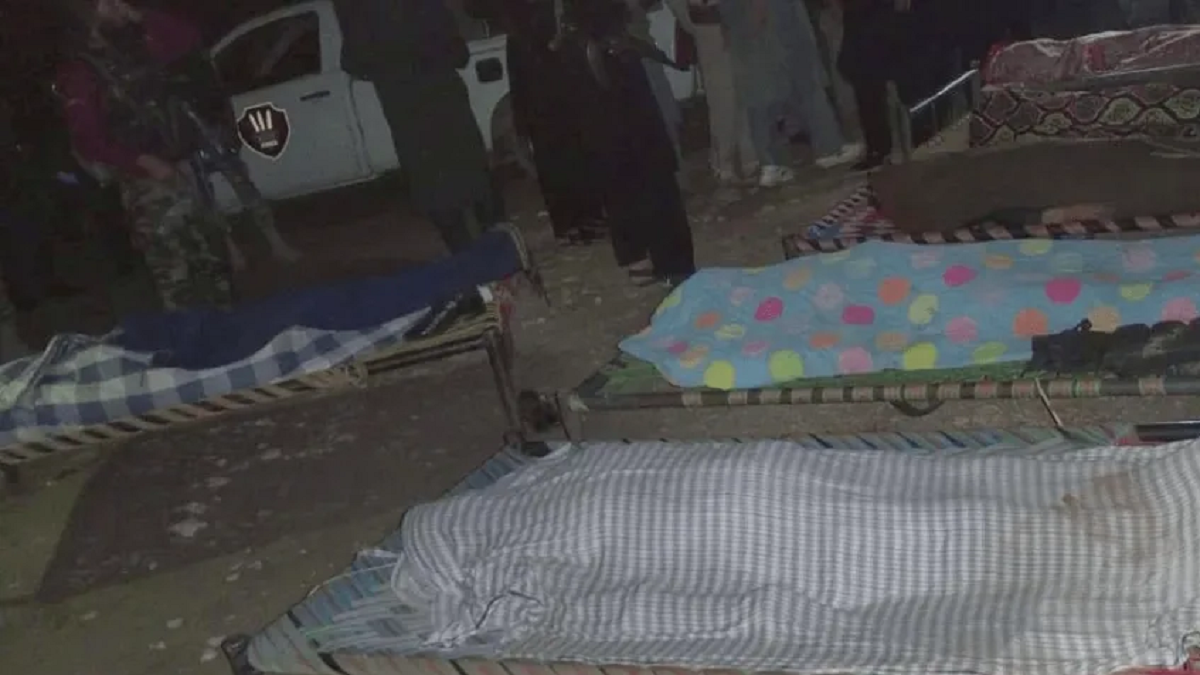In a brazen act of violence, terrorists attacked natural gas and oil production facilities in the Thall tehsil of Hangu district, Khyber-Pakhtunkhwa, resulting in the martyrdom of four Frontier Corps personnel and two private guards. The attack targeted facilities operated by MOL Pakistan Oil and Gas Company, a subsidiary of Hungary’s MOL, located near the Afghan border. Approximately 50 terrorists stormed the premises, opening indiscriminate fire on the security personnel stationed at the gas well in the Mianji Khel area.
Deputy Superintendent of Police (DSP) Irfan Khan stated that the security personnel valiantly fought back for two hours before succumbing to the heavily armed assailants. Rocket-propelled grenades and other heavy weapons were reportedly used by the terrorists, who specifically targeted two wells known as M-8 and M-10.
The Tehreek-e-Taliban Pakistan (TTP) claimed responsibility for the attack. The TTP has a long history of operating from remote mountains in the northwest region of Pakistan, launching attacks against security forces and infrastructure as part of their campaign against the state.
MOL Pakistan Oil and Gas Company confirmed that no employees of the company were present during the attack. However, six members of the security forces, including Pakistani soldiers and third-party contractors, tragically lost their lives while guarding the area. The company assured that production from the affected wells had been temporarily halted through remote access and that the site was now secured pending an on-site regulatory investigation. MOL further clarified that the incident had not impacted its overall production in Pakistan, as production from other wells continued unaffected.
DSP Irfan revealed that the security guards at well M-8 successfully repelled the terrorists’ assault, while the casualties occurred at well M-10. The terrorists also caused damage to a solar power plant at the gas power plant before fleeing under the cover of darkness to the adjacent North Waziristan, their original point of origin.
Read More: Seven Soldiers and a Civilian Martyred In Terrorist Attack In Balochistan
Fahad Rauf, the head of research at Ismail Iqbal Securities, highlighted the challenges faced by Pakistan’s oil and gas industry. The country has experienced declining output due to a lack of major discoveries, security concerns, mounting debt problems, and a shortage of local technical expertise. Rauf noted that oil output had dropped by 18% in 2022 compared to 2019, while gas production had decreased by 14% during the same period. He further explained that the security situation near the Afghan border had hindered exploration in potential reserves.
Rauf mentioned that foreign investment and exploration activities had shown some promise in the Waziristan belt, but the situation has worsened since the US withdrawal from Afghanistan in August 2021. With foreign firms exiting, Pakistan currently faces challenges in harnessing unconventional reserves, despite having one of the world’s highest shale reserves, due to a lack of expertise and funds.
The attack on the gas and oil facilities serves as a stark reminder of the persistent security threats faced by Pakistan’s energy sector and the need for concerted efforts to safeguard critical infrastructure in the country.



























